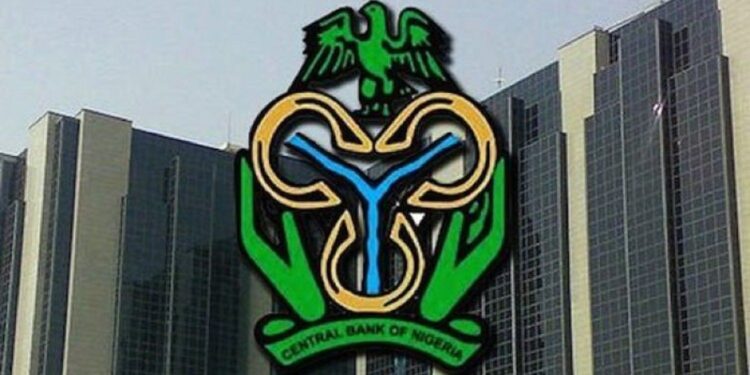Today marks the commencement of the 293rd Monetary Policy Committee (MPC) meeting of the Central Bank of Nigeria (CBN), with critical issues such as Nigeria’s foreign exchange crisis, interest rate volatility, and inflation rate spikes taking center stage. Amidst mounting economic pressures, Governor Yemi Cardoso and his recently appointed committee members are set to preside over their first MPC meeting, signaling a pivotal moment for the country’s monetary policy direction.
As Nigeria grapples with inflationary pressures and ongoing naira depreciation, analysts anticipate significant deliberations during this week’s MPC meeting. The CBN’s utilization of Open Market Operations (OMO) to tighten its monetary policy stance has been a focal point since Governor Cardoso assumed office in September 2023. The National Bureau of Statistics reported a rise in the country’s headline inflation rate to 29.90% in January 2024, underscoring the urgency of addressing inflationary pressures.
In a recent statement, Governor Cardoso expressed optimism about the potential impact of the MPC meeting on the economy, emphasizing its role in steering Nigeria towards a positive trajectory. Economic analysts have been actively engaged in predicting the outcomes of the meeting, particularly regarding adjustments to interest rates.
During the previous MPC meeting in July 2023, the committee increased the Monetary Policy Rate (MPR) by 25 basis points to 18.75%. Speculations abound that the MPC may further tighten monetary policy by increasing the MPR to 21.00%, according to a survey conducted by Reuters. The move aims to curb inflation and stabilize the naira amidst ongoing economic challenges.
Experts anticipate a tightening stance by the MPC, with projections ranging from 200 to 300 basis points. Samuel Oyekanmi, Research and Insights Associate at Norrenberger Group, emphasized the need for aggressive measures to address inflation and FX volatility, making the Nigerian market more appealing to foreign investors.
However, there remains a possibility that the CBN could consider alternative strategies to address inflation and support economic stability without resorting to rate hikes. Ifeanyi Ubah, a Research Associate at Commercio Partners, highlighted the notable improvement in certain sectors of the economy, suggesting potential alternative measures.
The recent confirmation of Governor Cardoso and other committee members by the Senate underscores the significance of this week’s MPC meeting. The outcomes will chart the course for the CBN’s strategy in tackling Nigeria’s economic and financial challenges in the coming weeks, holding significant implications for investment strategies and risk mitigation measures.









